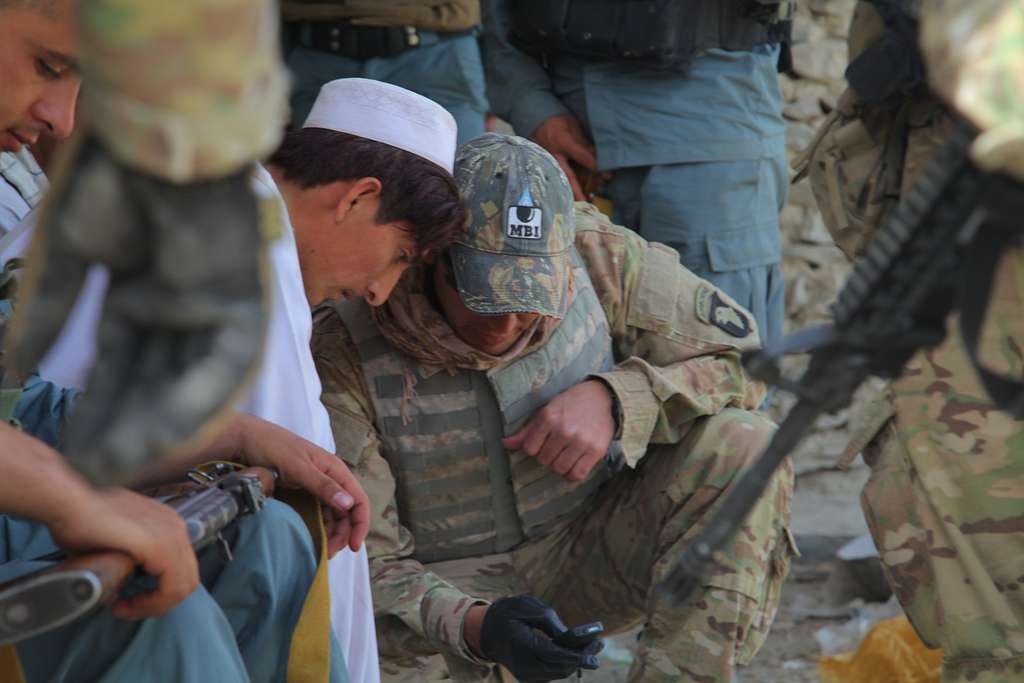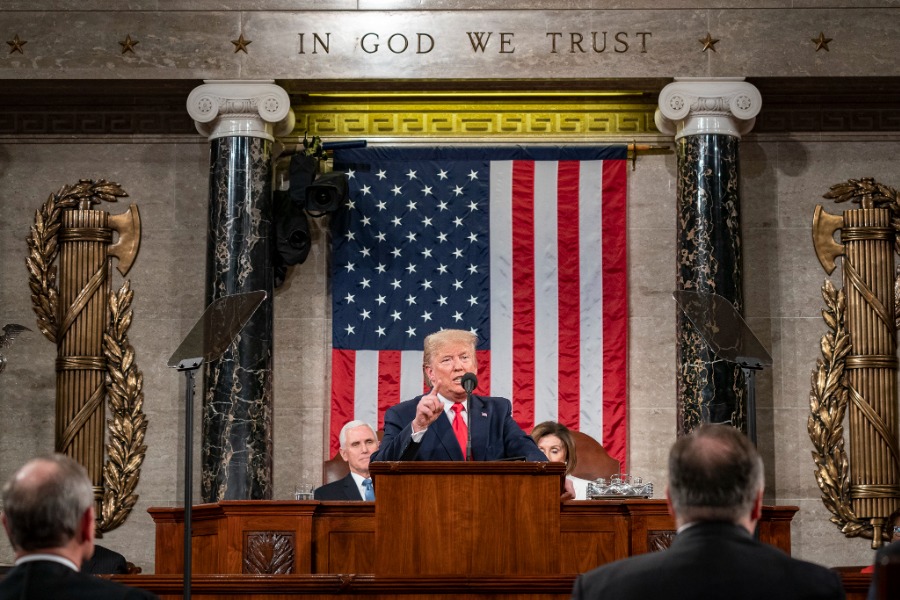Is the Administration Planning to Engage Congress on the AUMF in Late 2014?
One of the nice things about major presidential speeches is that they often are occasions during which reporters separately get to grill unnamed "senior administration officials" for clarification. So it was today, as seen in this transcript that the White House released today involving a background session with reporters following the President's West Point address (excerpted by Ben here).
Published by The Lawfare Institute
in Cooperation With

One of the nice things about major presidential speeches is that they often are occasions during which reporters separately get to grill unnamed "senior administration officials" for clarification. So it was today, as seen in this transcript that the White House released today involving a background session with reporters following the President's West Point address (excerpted by Ben here). As Ben noted, the President's speech did not present much that would seem novel to readers of this blog. That's mostly true for the post-speech background session as well, but at least that session did include an exchange relating to the AUMF renewal/repeal debate, and that exchange included a vague reference to the possibility that the administration will engage with Congress on this issue in late 2014. Or perhaps it was just loose talk by the official, meant to be noncommittal. At any rate, here's the relevant exchange for what it is worth:
Q Just one subject that the President didn’t bring up and I was hoping you might be able to lend some clarity to would be the status of -- about a year ago, the President called for a review and even repeal of the AUMF. I’m wondering whether the administration is planning to send Congress specific language in terms of fixing it, any timetable in terms of when they want to work with Congress in terms of getting that repealed. And if you could provide a little bit of maybe a window into the administration’s thinking in terms of how to approach this subject. SENIOR ADMINISTRATION OFFICIAL: Yes, I’d say a couple of things. The point the President made at NDU is that we shouldn’t just have open-ended authorities for the use of military force that continue indefinitely; that we shouldn’t be in a permanent war here; that the AUMF in 2001 was written for a specific purpose and time. And I think in terms of the timeframe, we look at the end of 2014 as a very important milestone as our combat mission comes to a close in Afghanistan and as our mission shifts there. And so we look at a whole host of issues as intersecting with the end of 2014. The AUMF, which was written in the context of us going to Afghanistan -- we’ll want to talk to Congress about the AUMF as we approach the end of the year. That’s a good time to have that discussion because we will be pivoting from where our combat mission is today and the type of role we’ll be playing in Afghanistan after 2014. GTMO is another issue that is relevant here. GTMO was opened, after all, when we went into Afghanistan. And the initial detainee population was heavily weighted with people who were taken off the battlefield in Afghanistan. So we believe, again, as we bring our combat mission to an end in Afghanistan, that this is an appropriate year to make a redoubled effort to close GTMO. So this is the context for how we’re approaching the AUMF as well. I think this is a discussion we’ll have as we get closer to the end of the year. I think in terms of what we’re looking for, we’re not looking for simply layering on more and more and more authorities within the existing AUMF. The point here is to not just keep expanding some universal AUMF that applies to every challenge. As the President said at NDU, what we want to do is narrow and refine authorities so that they’re focused on specific groups that do pose a direct threat to the United States. And so that’s the approach that we would take into this discussion, which is how do we make sure that we have authorities that are focused on those groups who pose a direct threat to the United States and not simply stacking on additional authorities in the existing AUMFs. So this will be a part of how we wind down the war in Afghanistan and pivot to a more sustainable and focused counterterrorism effort across the region.
Robert (Bobby) Chesney is the Dean of the University of Texas School of Law, where he also holds the James A. Baker III Chair in the Rule of Law and World Affairs at UT. He is known internationally for his scholarship relating both to cybersecurity and national security. He is a co-founder of Lawfare, the nation’s leading online source for analysis of national security legal issues, and he co-hosts the popular show The National Security Law Podcast.





